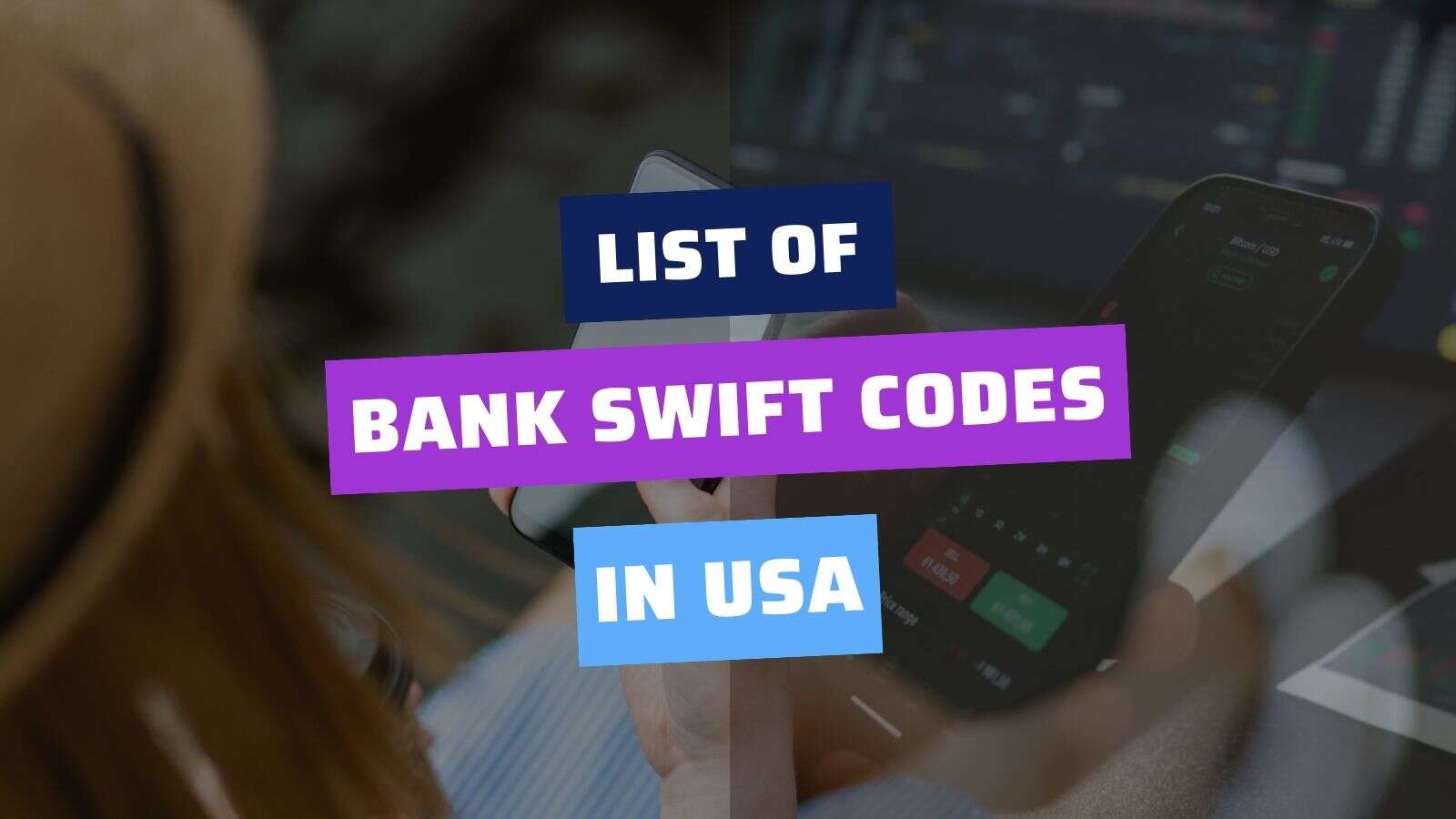Time to learn about VUL Insurance vs Mutual Fund vs UITF Investment. Many readers were asking about VUL so I’ve made this page to share about the main concepts of these investments. Which is better among the three? What is the best investment? Which will give you more money?
I have talked about mutual fund vs UITF before and that page contains the complete differences of the two including their advantages and disadvantages. To compliment that page, I have summed up the pros and cons, advantages and disadvantages of VUL, MF and UITF as well so you can decide better which investment you would choose or prioritize if you want them all.
Similarities of VUL Insurance, UITF and Mutual Fund
In a nutshell, all of them are investment wheels and they are pooled funds meaning you can earn or lose money depending on the performance of the fund and the market.
Knowing VUL insurance vs mutual fund vs UITF will help you learn more about managing your money and earning some profit from it. In my experience, I got UITF first then I opened a mutual fund. Eventually, I got VUL from Sun Life. You can check out the reasons in this post: 5 Reasons Why I Got Sun Life VUL Insurance
Differences between VUL Insurance, Mutual Fund, and UITF
As to what they are:
UITF – a.k.a. Unit Investment Trust Fund. The investor participates in a Trust Fund and he or she can earn or lose money according to the fund’s performance.
Mutual Fund – the investor becomes a shareholder of the mutual fund company thus he or she could also have a voting power in the corporation. The investor can earn or lose money according to the fund’s performance.
VUL – stands for Variable Universal Life insurance. VUL is both an investment and an insurance. The investor is insured therefore his beneficiaries will get money when he died.
As to Regulating Authority:
UITF – regulated by the BSP (Bangko Sentral ng Pilipinas)
Mutual Fund – regulated by SEC (Securities and Exchange Commission)
VUL – regulated by the Insurance Commission
Where to open an account?
UITF – you can open an account to majority of leading banks like BDO, Metrobank, BPI, PNB, Landbank, UnionBank, and the like.
Mutual Fund – they are offered by MF companies like Sun Life Financial, Philam Asset Management, Inc. and also banks like BPI. Some stock brokers also offer mutual fund products like that of COL Financial and First Metro Sec.
VUL – some companies like Pru Life UK, Sunlife Financial and AXA. VUL products are also offered in some banks. I saw Pru Life UK agents in BDO recently and AXA agents in Metrobank.
Who should you talk to when you open an account?
UITF – talk to a trust representative or simply ask the bank manager.
Mutual Fund – talk to a licensed mutual fund advisor or fund manager.
VUL – talk to an insurance agent
How much money do you need to open an investment?
UITF – it depends upon the type of fund. There is minimum amount required to Money Market, Bond Funds, Equity Fund, Balanced Fund etc. Minimum is usually P10,000, others are P50,000 and P100,000.
Mutual Fund – like UITF, there is a minimum investment to start a fund depending on the investment product like UITF. You can start if you have P10,000 too.
VUL – because it is also an insurance, you need to pay premiums and this type of investment is usually expensive but worth it.
As to mode of funding:
All these investments offer single-pay and regular-pay investments. I recommend you study and contemplate about your investment goal, status, needs, and capacity to invest.
As to taxes:
UITF – earnings are already Net Asset Value per Unit (NAVPU)
Mutual Fund – your earnings are already net of tax too (NAVPS)
VUL – you may not need to pay taxes because the insurance company is doing this part
As to fees:
UITF – no entry fees or upfront fees but there are management fees and redemption fees
Mutual Fund – there can be upfront fees, management fees and redemption fees depending on the type of MF
VUL – there can be upfront fees, management fees and insurance fees depending on the VUL product
Tips in Investing VUL Insurance, Mutual Fund and UITF
Deciding which investment to choose still lies on the investor’s financial status, investment goal and objectives. It is also important that the investor knows about mutual funds, stocks, UITF and related financial instruments. VUL insurance vs mutual fund vs UITF is not hard to understand.
Don’t be hypnotized by insurance agents and tempting investment offers of some companies especially the ones you never heard before. Study and learn first about the fund’s performance of any investment fund you are interested with. You can do this by looking at Bloomberg or simply go to the company’s website or see our latest lists:
In my opinion, if you already have SSS or GSIS, you can just add more investments by having either mutual funds or UITF. As an employee or a business entrepreneur in the Philippines, assuming you have Pagibig too, you already have Mutual Fund because it’s HDMF. If you have SSS, you already have insurance. If you are a government employee, you already have GSIS and insurance policies. Therefore, you and your beneficiaries already have protections. VUL’s main purpose is wealth building plus protection (insurance). If you know where you’re standing, then you know how and what to invest. That is just my opinion.
Now that you learned about VUL insurance vs mutual fund vs UITF, you can learn deeper by getting to know about stocks and investing in the stock market
Share your comments and views about investing and wealth building. Because when you share, you’ll get blessed. 🙂
If you loved this VUL insurance vs mutual fund vs UITF article, share or like this 🙂 Much love to you!




